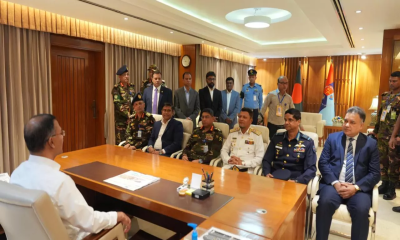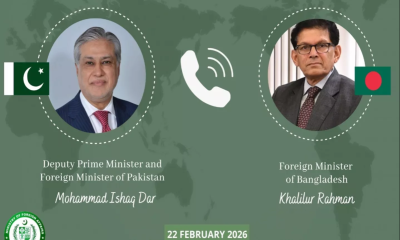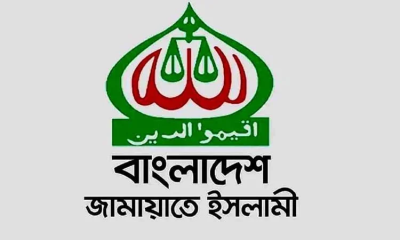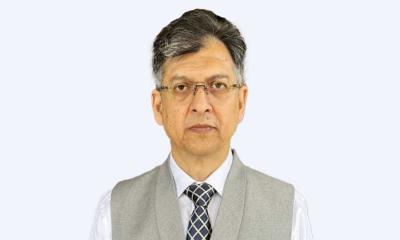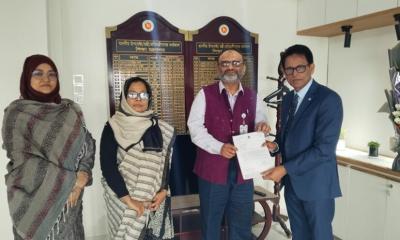Diplomatic relations between India and Bangladesh have grown increasingly strained since Sheikh Hasina was ousted from power over a month ago, according to a BBC report.
The situation has been further complicated by the former prime minister`s extended stay in India and a recent interview by Muhammad Yunus, the Chief Adviser of Bangladesh`s interim government.
During Hasina`s 15-year rule, India and Bangladesh enjoyed close strategic ties, particularly in areas of security and economic cooperation. Her government`s actions to control insurgent groups operating from Bangladesh and resolve border disputes were seen as significant benefits for India. However, her current presence in India and the uncertainty surrounding her stay complicate the dynamics between the two countries.
In an interview with the Press Trust of India, Prof Yunus called on India to prevent Hasina from making political statements while residing in Delhi.
"If India wants to keep her until Bangladesh is ready to take her back, the condition should be that she remains silent," Yunus remarked.
He referred to a previous statement issued by Hasina after her arrival in India, which sparked anger in Bangladesh.
Yunus also highlighted the deteriorating relations between the two nations, calling for both sides to work together to improve their relationship, which he described as being "at a low."
Indian officials have yet to respond formally, but according to the BBC, sources indicate that Indian authorities are upset by Yunus`s comments.
"India is monitoring the developments in Bangladesh, taking note of statements coming from Dhaka," said an unnamed Indian official.
Yunus`s approach has been labelled as "megaphone diplomacy" by former Indian diplomats, who criticized his public handling of sensitive issues.
Veena Sikri, a former Indian high commissioner to Dhaka, stressed that such matters require quiet diplomacy, not public declarations.
"India has shown readiness to engage with the interim government to address concerns from both sides," Sikri said.
Bangladesh`s foreign ministry dismissed this criticism, with adviser Touhid Hossain pointing out that Indian leaders also communicate through the media.
"If Prof Yunus is asked about specific issues, of course, he can express his views," Hossain said to the BBC.
Meanwhile, Bangladesh`s newly appointed chief prosecutor, Mohammad Tajul Islam, has stated that steps are being taken to extradite Hasina to face charges related to deaths during the anti-government protests earlier this year. However, experts doubt the likelihood of such an extradition.
"She is here as a guest of India. We must extend basic courtesy to our long-time ally," said Riva Ganguly Das, another former Indian high commissioner to Dhaka.
The situation has also raised concerns in India regarding reports of attacks on religious minorities in Bangladesh, including Hindus and Sufi shrines, in the aftermath of Hasina`s fall from power.


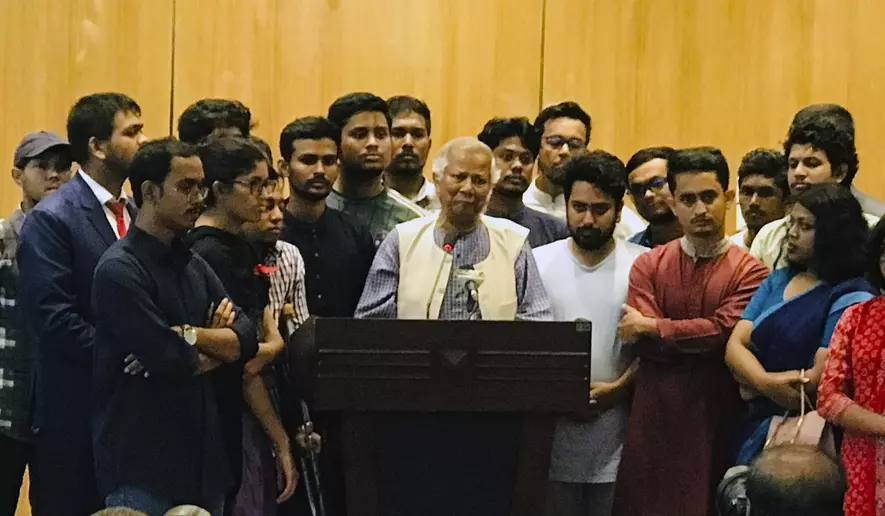

-20260223082704.webp)

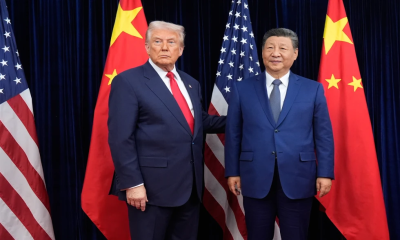

-20260220065859.jpeg)
-20260219110716.webp)
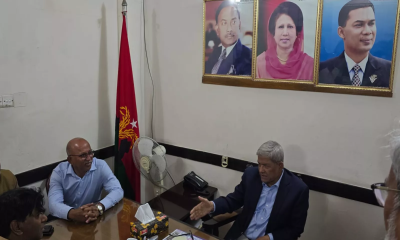
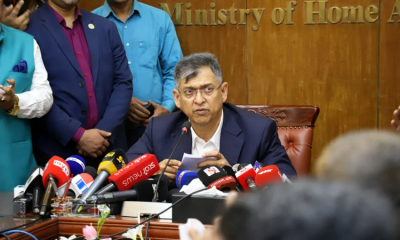
-20260223074941.jpeg)
-20260223062301.jpg)
